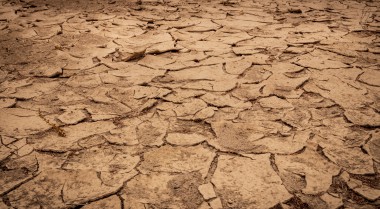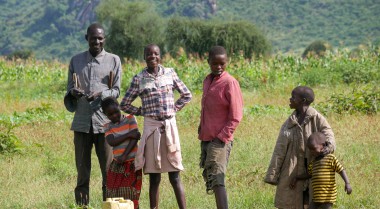
Transitioning Towards Green Economies: Policy Papers on Renewable Energy Sources in the South Caucasus
In the South Caucasus region, GPPAC members recognize that cooperation in the area of renewable energy sources has the potential to become an important tool for conflict transformation. To support the regional governments in transitioning to greener economies, GPPAC members in Georgia, Azerbaijan, and Armenia with the support of ICCN, the GPPAC Regional Secretariat, have thoroughly analyzed the important energy issues in relation to climate change in the three policy papers presented below.
The policy paper on Georgia analyzes the use of energy resources by examining different sectors of the economy. It shows that the country has an advantage over its neighbours as it is less dependent on fossil fuels. Instead, almost 80 percent of energy generation comes from renewable energy such as hydropower plants. This makes Georgia one of the greenest countries globally that face great opportunities. The country can become an important partner in the world green hydrogen market with the right approach and a new environmental policy that focuses on expanding green technologies. Read the full policy paper here.
The policy paper on Azerbaijan examines the current state and prospects for renewable energy sources in the country. It demonstrates the efforts to increase renewable energy resources. For instance, the President of Azerbaijan has signed several decrees on implementing specific pilot projects based on renewable energy sources in the past two years. In addition, the government pays great attention to cooperation with the international community. Yet, the amount of renewable energy produced remains very low. The policy paper concludes that more actions need to be taken to significantly reduce greenhouse gas emissions and increase renewable energy sources in the coming years. Read the full policy paper here.
The Armenian policy paper also examines the possibilities and efforts of transitioning to more renewable energy sources in the country as it signed the Paris Agreement and is committed to reducing its greenhouse gas emissions in the coming years. Yet, Armenia faces several challenges as it is a land-locked country already negatively affected by climate change and water scarcity. Therefore, this policy paper proposes to create a common energy system and joint use of resources with the neighbouring countries. These recommendations show an opportunity for future regional cooperation in transitioning to greener economies. Read the full policy paper here.
Joint efforts to learn lessons from climate change and using carbon-neutral energy in the regions affected by the armed conflicts help to address climate-related risks in the context of conflict prevention. The creation of a common space for discussion and cooperation on climate-security mechanisms contributes to the goals of conflict prevention and sustaining peace.


